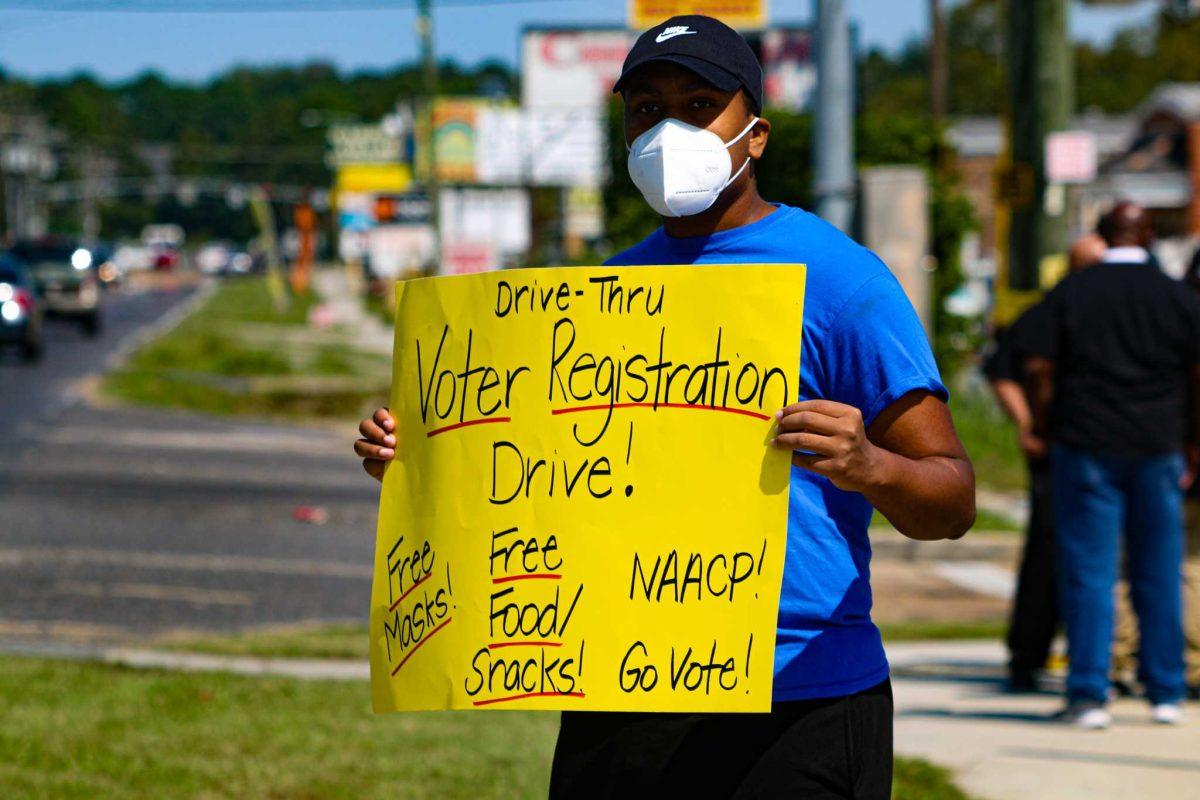In the state’s most recent election, less than 14% of eligible voters altered the state constitution by passing an amendment that makes it easier for the legislature to lower income and corporate taxes.
The Nov. 13 election saw dismal turnout, and it’s not hard to see why. These constitutional amendments were put to a vote in an off year and difficult to understand.
Let’s look at just the first of the proposed amendments, which was ultimately rejected by voters:
“Do you support an amendment to authorize the legislature to provide for the streamlined electronic filing, electronic remittance and the collection of sales and use taxes levied within the state by the State and Local Streamlined Sales and Use Tax Commission and to provide for the funding, duties and responsibilities of the commission?”
The first time I read this amendment, I had next to no idea what it was proposing.
According to the Public Affairs Research Council of Louisiana, a nonprofit trying to help voters understand what exactly they are voting for, Amendment one proposed to “allow a single authority to oversee the collection, electronic filing and policy guidance for state and local sales taxes.”
PAR, among other organizations, put out a guide prior to the election that helped explain the meaning and impact of proposed constitutional amendments. That is the type of effort and clarity the public deserve directly from their legislators.
Amendment two, the only amendment that passed in the election, has been criticized by some policy organizations.
The Louisiana Budget Project, a nonprofit that analyzes public policy in Louisiana, called the amendment “a complicated tax-swap package that was described to voters in misleading language.”
“When 93% of Louisiana tax filers get a tax cut, that means less revenue for things like schools, hospitals and safety-net programs,” said the organization’s daily newsletter.
It seems these constitutional amendments are frequently used for sneaky changes in tax policy. This was the case in the November 2020 election, in which Amendment five proposed allowing corporations to negotiate their property taxes by making upfront payments instead of paying taxes. In effect, this would lower or entirely eliminate property tax for those corporations. It’s telling that Amendment five was only put up to vote after energy company Cameron LNG spent millions of dollars lobbying for it.
Amendment five thankfully failed, but it adds evidence to an uncomfortable trend of how these amendments are used and abused by legislators and their donors.
Regardless of your politics, most people can agree that so few voters making—or blocking—major changes to the state constitution is concerning.
But instead of pointing a finger at voters, we should look critically at the elected officials who failed to give residents a reason to come out and vote.
Claire Sullivan is a 19-year-old coastal environmental science sophomore from Southbury, CT.





